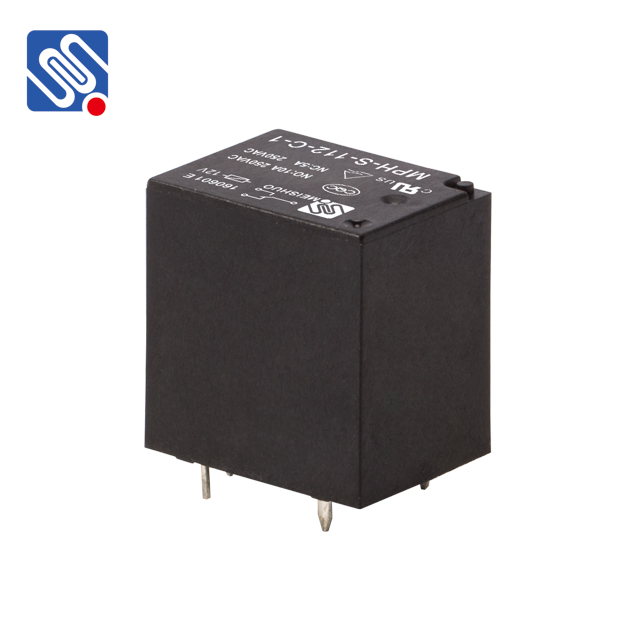
Relay functional testing is a vital process in the world of electrical engineering, ensuring that relays function as intended in critical applications. Relays serve as switches that control circuits in response to an input signal. They are used extensively in industrial automation, power distribution systems, control panels, and safety-critical applications. As such, ensuring their reliability and proper operation is crucial. Relay functional testing involves a series of evaluations to verify the correct functioning of the relay, including its ability to handle switching operations, load management, and durability. This article explores the significance of relay functional testing, the process, and the different tests involved.
